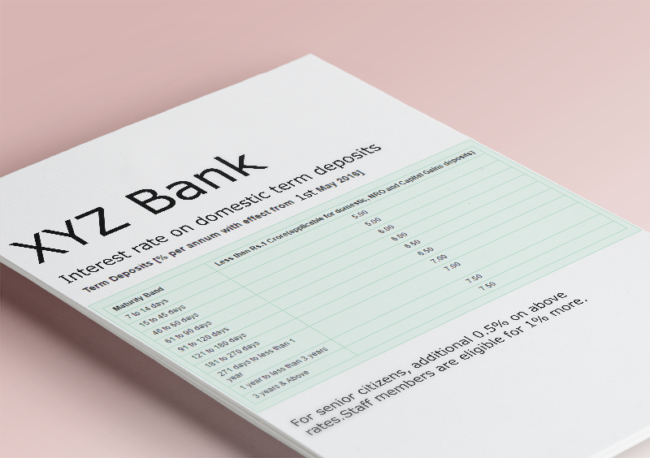What are the difference between equity market and debt market?
The equity market represents the trading of equities known as stock market or share market. Debt market is basically a market where fixed income instruments/securities traded. The debt instruments are issued by the central and state governments, Municipal corporations, Banks, financial institutions and corporate. The nature of equity and debt instruments are vastly different with…








